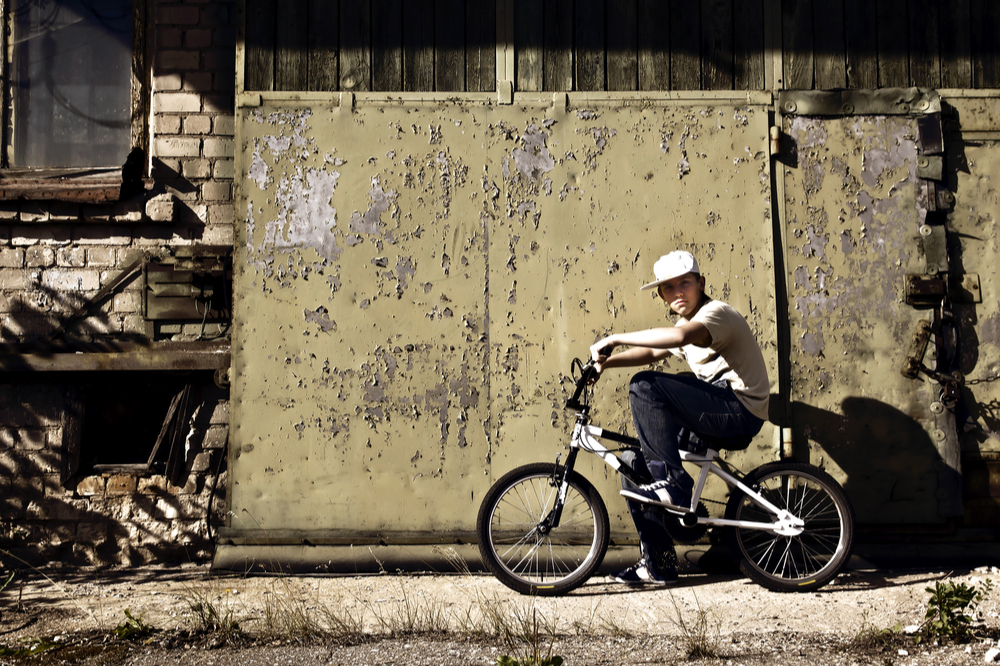 Sleeping throughout the day, eating less or more, and having little motivation are often associated with depression.
But did you know that risk-taking is also associated with troubled teens with depression, especially troubled boys?
This article covers the types of risky behaviors associated with depression and how you can help your teen with this mental illness.
Sleeping throughout the day, eating less or more, and having little motivation are often associated with depression.
But did you know that risk-taking is also associated with troubled teens with depression, especially troubled boys?
This article covers the types of risky behaviors associated with depression and how you can help your teen with this mental illness.
Depression: More Than Just An Emotion
While most of us experience sadness and the occasional blues, depression runs deeper than that. Depression is a clinical mental health condition that affects the lives of those that have it. Depression can also lead to various maladaptive thoughts, such as:- “Life is not worth living.”
- “I am not good enough.”
- “Things are hard and will never change.”
Depression in Teenage Boys: Where Substance Abuse Meets Aggression
The typical behavioral signs of depression include:- A change in sleep cycle
- A change in eating habits
- Decreased motivation
- Inability to concentrate
- Isolation and withdrawal from others


Leave a Reply